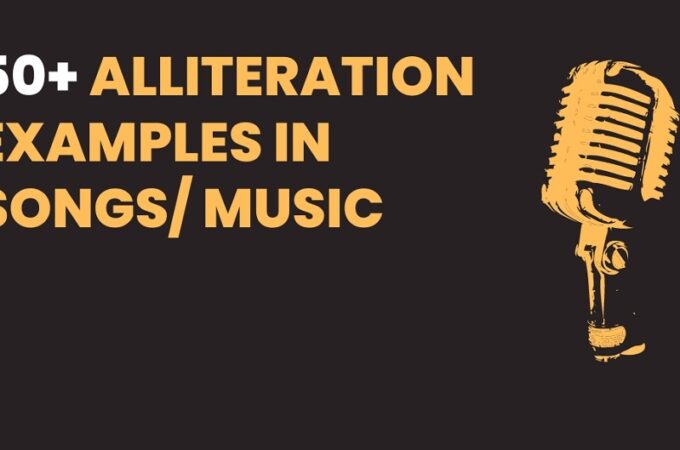
5 Top Careers to Pursue in Music
It’s not just about the voice talent or the talented fingers on an instrument when it comes to making your mark on the music industry. Some of the coolest parts of the trade aren’t behind the mic or up on stage. They’re behind the scenes, in the studio, or shaking hands with a big name over a signed contract. Whatever your dream might be, these are five of the most interesting jobs that you can have in the music business, curated by best online casinos usa.
- Music Producer
The record producer is the individual who oversees the entire music production of an artist’s creation, whether it’s one song or a whole album. You can even earn royalties working as a producer. While it won’t require a music degree, you have to become familiar with tracking, mixing, editing, mastering, and everything in-between. Bonus points – If you’re a songwriter or instrumentalist yourself, you’ll be able to assist a recording artist with the arrangements (or even songwriting!) and prove yourself even more valuable.
- Recording Engineer
An audio engineer is responsible for capturing sound and manipulating it in the studio. You’ll deal with both analog and digital audio, compressors, microphones, and signal flow—and typically combine both traditional and tech-savvy recording techniques to record music. You could also be responsible for organizing recording sessions and repairing any technical problems when they arise. And sometime you may catch the brunt of the producer or musicians if something goes wrong in recording that magic take, courtesy of casino en ligne francais.
- Session Musician
As a session musician, you back and perform on another musician’s album or perform with various acts onstage. This means you have the freedom to dabble in multiple styles, genres, and sounds. You’ll interact, meet, and form relationships with a heap of other musicians. You may be asked to contribute to a recording session or join a band on tour. If you’re extremely proficient at your instrument, the path to becoming a successful session musician can be rewarding and even lead to a solo career. Before their solo careers, Stevie Ray Vaughan was a session musician for David Bowie, Sheryl Crow was a back-up singer for Michael Jackson, and Jimmy Page played in countless recording sessions. And some recording studios even have their own house bands.
- Artist Manager
An artist manager exists to create opportunities, connect, and propel the musical act forward in the music business. You have to wholeheartedly believe in your artist and help them build a strong and sustainable career through planning, organization, directing, and negotiating. You may not get all of the credit and adoration that the artist gets, but you’ll have to do as much—if not more—work! See that photo above? You probably recognize at least 80 percent of the people, and know their names. But how about the man in the center? That’s Brian Epstein, the manager of the Beatles during their rise to fame. Without the influence of Brian Epstein, it’s likely you’d never know the names John, Paul, George, and Ringo, much less know any of the music they made.
- Tour Manager
As a tour manager, you’ll be involved in every aspect of a band’s career on the road. You’re the behind-the-scenes mastermind who has hands in every piece of transportation, accommodation, scheduling, and finances of a tour. You’ll make things run smoothly for everyone involved. You’ll need to have self-motivation and be okay with shouldering the band’s responsibilities—especially the financial ones.





